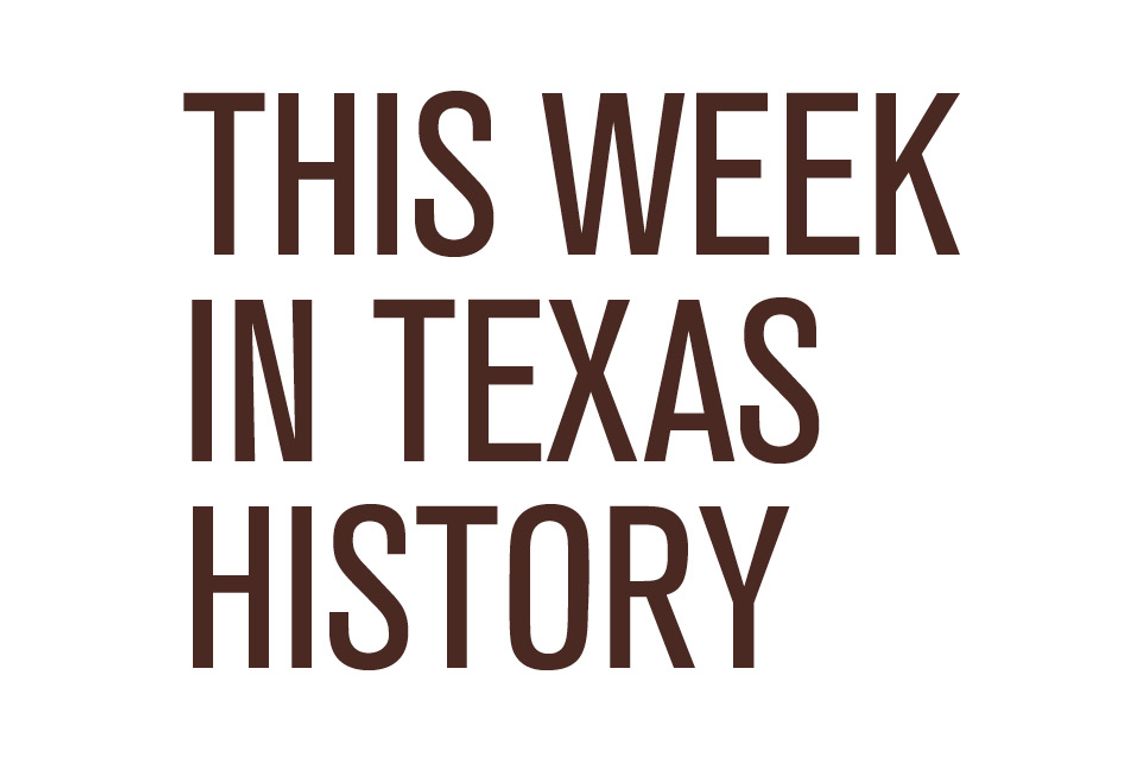By Bartee Haile
On Nov. 14, 1954, a small-town Texas daily revealed rampant fraud and corruption in a state-sponsored land program. The expose earned a Pulitzer Prize for a courageous newspaperman and sent a high ranking public official to prison.
After World War II, thankful Texans wanted to lend a helping hand to returning servicemen and in 1946 approved the Veterans Land Program. Voters empowered the state government to buy land and sell it at generous terms to deserving veterans.
A provision was made for “block sales” so that two or more former GIs could go in together on a purchase in order to satisfy the mandatory 20-acre minimum. This was the innocent loophole that would be exploited by unscrupulous promoters and their political cronies.
In the summer of 1953, pure chance piqued the interest of Wiley Cheatham, the DeWitt County attorney. He overheard a veteran brag about signing up for free land. Since there was no such giveaway, the prosecutor kept his eyes and ears open.
When other vets made similar claims, Cheatham’s curiosity blossomed into suspicion. He noticed that a young Cuero businessman named T.J. McLarty, who usually did not have two nickels to rub together, was suddenly living high on the hog.
Long on speculation but short of proof, Cheatham mentioned the mystery to his father, a state legislator. The elder Cheatham went straight to Bascom Giles, the commissioner of the General Land Office in charge of dispensing land to worthy veterans, who was up to his ears in the whole dirty business.
Although Giles promised to personally check out the vague allegation, the inquisitive lawmaker left far from satisfied. The two Cheathams dropped by the Department of Public Safety, which quickly contacted the state auditor.
By questioning dozens of veterans, DPS agents uncovered McLarty’s scheme. The wheeler-dealer was taking ex-servicemen as well as taxpayers for a very expensive ride.
In exchange for a few drinks and an occasional ten spot, the vets signed loan applications for land McLarty had purchased for next to nothing. Inflating the value of the property by as much as $250 an acre, he peddled it to the state which in turn resold the land to the applicant, who in most cases was ignorant of the entire transaction.
The clever racket yielded enormous profits not only for McLarty but an elaborate network of con artists across Texas. One swindler pocketed $127,000 in a two-month period from the illicit proceeds of a single sale. The scam was like taking candy from a baby and a lot more lucrative.
Meanwhile, Kenneth Towery, managing editor of the Cuero Record, picked up the scent and started an investigation of his own. A private conference with Wiley Cheatham disclosed the shocking scope of the statewide scandal.
Brimming with confidence, Commissioner Giles granted the journalist an interview. The discussion seemed to go nowhere until Towery asked about his recent conversation with legislator Cheatham. The unexpected question flustered Giles, who foolishly denied the meeting ever took place.
Towery did not relish the prospect of taking on a powerful figure in state politics. The tables might be turned, and the battle could ruin his career. But the 33-year-old survivor of the Bataan death march and three years in a Japanese prisoner-of-war camp refused to back down. As Towery wrote, “One surrender in a lifetime is one too many.”
With the steadfast support of his publisher, Towery broke the sensational story in the Nov. 14, 1954 edition of The Record. Giles’ ridiculous fabrication regarding the run-in with Cheatham served as the centerpiece for the bombshell article.
On the eve of his ninth consecutive term in January 1955, Giles announced his resignation as land commissioner. Either a bad case of the jitters or pressure from Gov. Allan Shivers convinced him to call it quits.
Everybody and his brother rushed to put the Veterans Land Program under the microscope. Besides the on-going investigations by the DPS and state auditor, a blue-ribbon senate committee and grand juries in 22 counties all conducted separate inquiries.
Phony land deals worth almost $10 million were found in DeWitt, Dimmitt, Uvalde, Bexar, Zavala, Lavaca and Victoria counties. Three hundred indictments were returned against a long list of defendants headed by Giles and Congressman John J. Bell.
Prosecutors stood in line to get a piece of the retired land commissioner, and he was ultimately sentenced to a grand total of 75 years on 13 charges. The first state official in Texas history imprisoned for crimes committed while in office, he spent three years in Huntsville. Following his release, Giles moved to Florida where he died in a car crash in 1993 at the age of 92.
Editor Kenneth Towery, who passed away in 2016 at 92, was awarded a Pulitzer Prize, and a crooked politician went up the river for tapping the public till. For once, justice truly prevailed.
For Christmas order Bartee’s books at special price of $20.00 each. Mail a check to Bartee Haile, P.O. Box 130011, Spring, TX 77393 for “Depression Desperadoes,” “Murder Most Texas,” “Texas Boomtowns,” “Unforgettable Texans” and “Texas Entertainers.”











